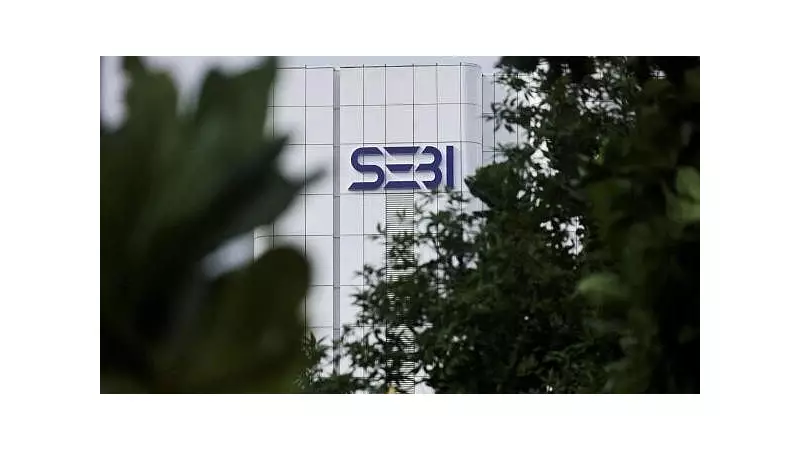
In a move that could significantly benefit millions of Indian investors, the Securities and Exchange Board of India (SEBI) is contemplating a comprehensive overhaul of mutual fund regulations. The proposed changes aim to create a more transparent and cost-effective investment environment for retail participants.
What's Changing for Indian Mutual Fund Investors?
The regulatory revamp focuses on several key areas that directly impact how Indians invest their hard-earned money. SEBI's consultation paper outlines potential reforms that could reshape the mutual fund landscape.
Total Expense Ratio (TER) Caps Under Review
One of the most significant proposals involves revisiting the Total Expense Ratio structure. SEBI is considering:
- Reducing the overall expense caps across different fund categories
- Implementing a slab-based system that lowers charges as fund assets grow
- Ensuring that economies of scale benefit investors directly
Enhanced Transparency Measures
The regulator is pushing for greater clarity in how funds disclose their operations and costs. This includes:
- Clearer breakdown of all expenses charged to investors
- Improved disclosure of portfolio transactions and costs
- Standardized reporting formats for easier comparison between funds
Why These Changes Matter for Retail Investors
Lower costs mean higher returns over the long term. Even a small reduction in expense ratios can compound into significant savings for investors pursuing long-term financial goals. The proposed transparency measures will empower investors to make more informed decisions about where they put their money.
Industry Impact and Timeline
While these reforms are still in the discussion phase, they represent SEBI's continued commitment to protecting investor interests. The mutual fund industry, which manages over ₹50 lakh crore in assets, may need to adapt its business models to accommodate these changes.
The consultation process allows for industry feedback until December 2023, with final regulations expected to be implemented in a phased manner.





